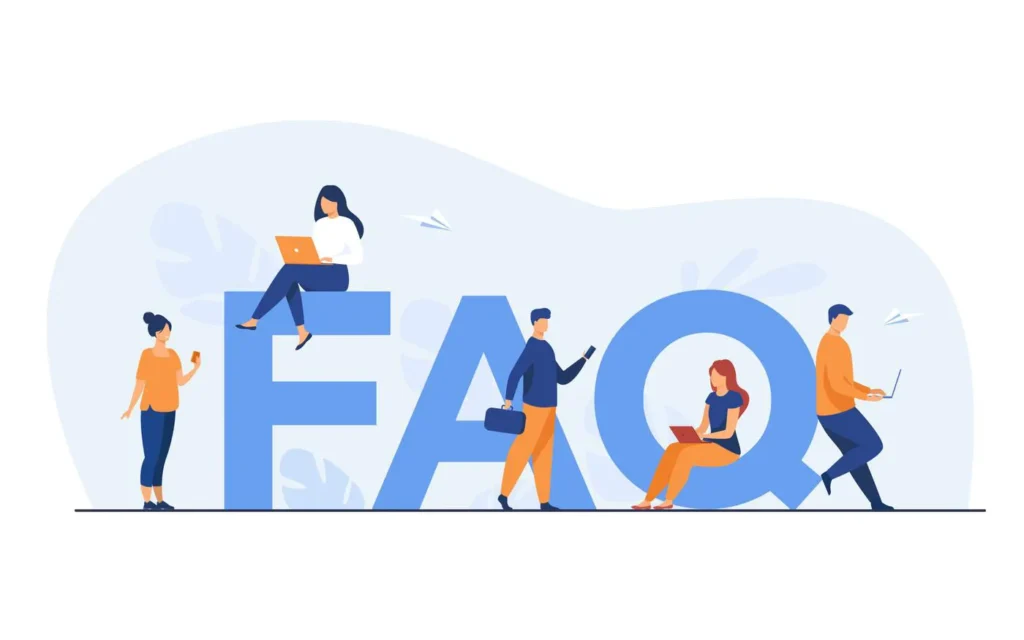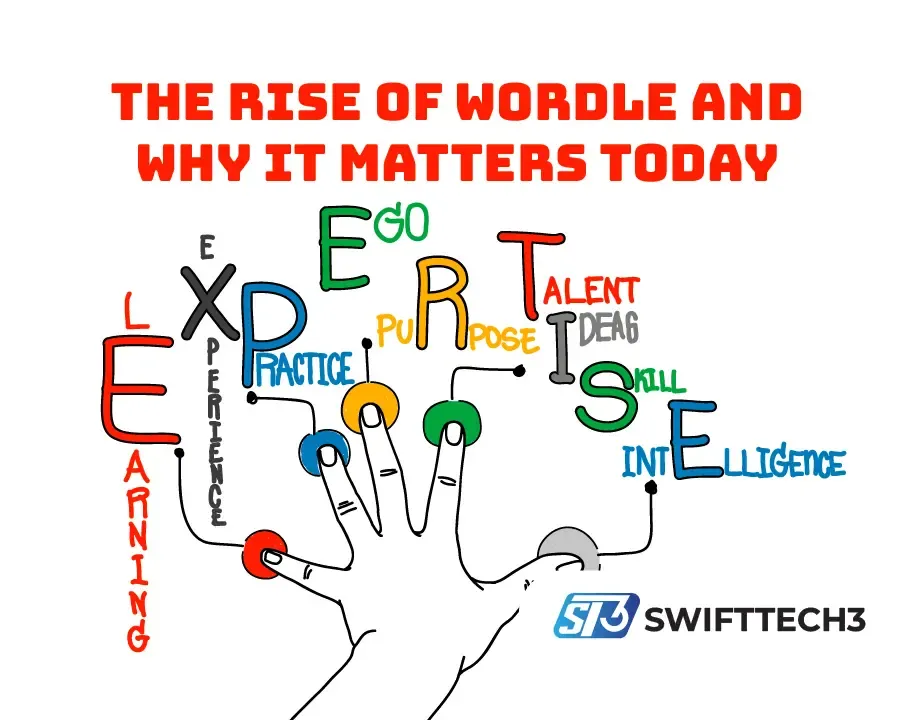So here’s the deal… wordle looks like just another silly online word game, but it’s kinda not. It has turned into this global obsession where folks every morning sit down with a coffee, open their phone or laptop, and try to guess one small target word. And yet, millions keep doing it day after day. Why? Because the dang thing is simple but tricky, frustrating but rewarding, and above all, it feels fair… well most of the time.
Back when engineer Josh Wardle created it, it was only for his partner Wordle. Like a fun gift, not really a product. Then somehow it blew up into a cultural phenomenon that even the york Times couldn’t ignore. They bought it and dropped it into nyt games. Suddenly, everyone from students to CEOs is trying to guess a letter word before their friends.
How The Game Actually Works
If you’ve never tried it, here’s how wordle plays. You got six tries to crack a hidden five-letter word. Every guess you make gives feedback:
- Green means nailed it, correct spot and correct letter.
- Yellow means the letter exist, but word but in the wrong place.
- Gray means nope, that letter’s not part of today wordle answer.
It’s all about deduction, using process of elimination. Some players treat it like sudoku, others just throw random word that starts with the letter A or E and hope luck helps.
Why People Got Hooked
Honestly, it ain’t flashy. There’s no coins, no reward badges, no battle royale competition (although spinoffs tried that). But what wordle does is create a shared moment.
Every morning your coworkers, friends, even your grandma are posting them green-yellow-gray grids. Nobody spoils the actual target word, but everyone compares the pattern. It became like a secret language on the internet.
When the york Times acquired it, they didn’t change the vibe too much, just slotted it inside NY Times Games alongside other word games like NY Times Connections or the newer Connections Sports Edition. Even then people worried: “oh no, nyt gonna ruin it” but nah, it still plays pretty clean.
The Psychology Behind It
Why does a small puzzle feel so huge? A few reasons:
- Scarcity effect – only one puzzle per day, so you can’t binge. That makes it special.
- Community hype – everyone solving the same thing creates buzz.
- Challenge but not impossible – yeah some days the word that includes odd spellings drives ya nuts, but usually it’s solvable.
- FOMO – if you don’t play, you’re left out when friends are chatting about today wordle answer.
Psychologists even compared it to crosswords—except faster and more accessible.
Strategies People Swear By
So, what’s the best way to start? People argue nonstop about wordle start words. Some say vowel-heavy ones are king (like AUDIO, OUIJA). Others swear consonant-heavy like CRANE, STARE, TRACE.
Forums are filled with hints and tips—like avoiding words with repeat letters too early, or picking a word that starts with the letter S for better odds.
Drumroll please… math nerds ran computer simulations and yep, some openers give higher chance. But at the end, your own instinct and mood matter too.
Other Word Games That Spun Out
After wordle’s fame exploded, dozens of clones appeared. We got absurdle, quordle, octordle. Then completely diff things like music identification game apps, where you guess songs instead of words. Or trivia puzzles that feel like a battle royale because players compete live.
And of course, NYT connections, where instead of finding a single word, you group words into themes. Even the york Times tried a connections sports edition for fans.
All of these show how powerful the visual simplicity of Wordle was—tiny idea, huge impact.
Real-World Examples
- Teachers started using Wordle in class as warm-up games, encouraging vocabulary learning.
- Offices used grids as icebreakers in meetings.
- Even celebs jumped online posting their results.
Funny part? Some folks said it made them more mindful about language. They think more about a word that includes unusual letters or a word that starts odd. In short—it nudged people to notice language again.
Frustrations People Have
Not everything is rosy. Many complain:
- Some words are too uncommon, breaking streaks.
- A weird plural or British spelling can ruin the day.
- The york times changing the word list caused drama.
Yet, despite complaints, players keep coming back. Maybe it’s the social vibe, maybe it’s the hope that tomorrow’s Today’s Wordle start will be easier.
Tips To Get Better At Wordle
- Use common vowels early.
- Don’t waste guesses on already eliminated letters.
- Think patterns, not just letters.
- Check communities online for hints and tips.
- Accept losses—it’s just a game, not life or death.

FAQs About Wordle
It was created by engineer Josh Wardle in 2021.
Because it went viral fast, and they wanted it to be part of nyt games portfolio.
Yes, wordle is free even on nyt site.
Experiment—try different combos until you find a routine.
Not officially. But fan archives exist around the web.
Conclusion – More Than Just A Word Game
At the end of the day, Wordle is not just about finding today’s Wordle answer. It’s about ritual, about starting mornings with a challenge, about sharing grids with friends. It mixes hints and tips, frustration and joy, logic and luck.
The York Times could’ve ruined it, but somehow they didn’t—it remains pure fun. That’s why millions still log in daily to chase a tiny target word. And maybe that’s the secret: it’s not flashy, it’s not overloaded, it’s just you, your brain, and them little squares lighting up green.


